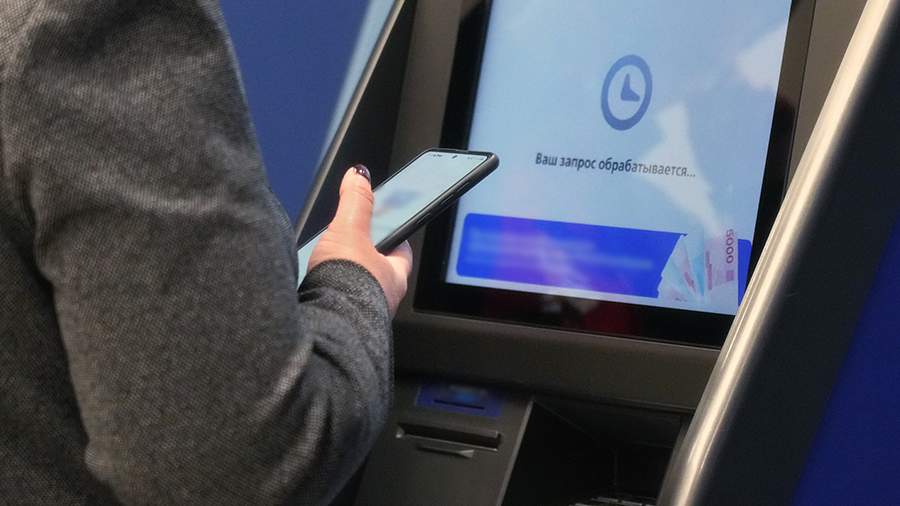VTB warned about changing fraud schemes with NFC card clones

The scammers improved the scheme with NFC-clones of the client's cards, from which they could withdraw money at an ATM. Now they are asking to transfer funds to a so-called secure account, which is actually a fraudulent duplicate of the wireless interface, which allows attackers not to leave digital traces of a crime. This was announced on Monday, March 24, by representatives of VTB Bank.
"Fraudsters call the victim, posing as employees of a mobile operator, bank, or any large company, and under various pretexts — mainly to update the application — they ask to install a program on the phone," the bank said.
However, this malicious software is a modified version of the NFCGate application, which allows you to remotely control someone else's smartphone and create virtual copies of bank cards.
Previously, the fraudster had the main module of the program, which, after installing the second module on the victim's device, created a clone of her bank card. Now the scheme has changed: the main, improved software module is installed on the client's device.
After that, the attacker convinces the victim to transfer money "to a secure account," for example, by depositing funds into an ATM. When a customer brings his phone to an ATM, the money is credited not to his account, but to a clone of the fraudster's card. After that, the attacker withdraws the stolen funds through a series of transfers to his accounts in various banks.
"The new scheme is dangerous because it makes it difficult for anti-fraud systems (anti-fraud programs. — Ed.) identification of such payments, as technologically they are no different from the usual operations for transferring money to an account," explained Dmitry Revyakin, Vice President of VTB, Head of the Corporate Interests Protection Department of the security Department.
He said that now, instead of teaching customers not to provide security codes, banks urge them not to follow the links sent and not to install any applications if they are not from official sources.
"And even in this case, you need to carefully check the correctness of hyperlinks every time so as not to get caught by phishing," the expert concluded.
Earlier, on March 20, Izvestia learned that Anatoly Aksakov, head of the State Duma Committee on Financial Markets, had proposed adding victims of telephone fraud to a special database. People on this list will not be able to carry out banking operations immediately. For example, to take out loans or make transfers: first they will have to confirm whether this is a bona fide request.
Переведено сервисом «Яндекс Переводчик»

